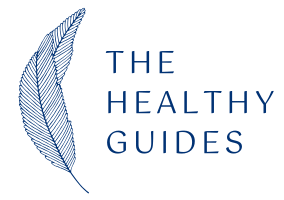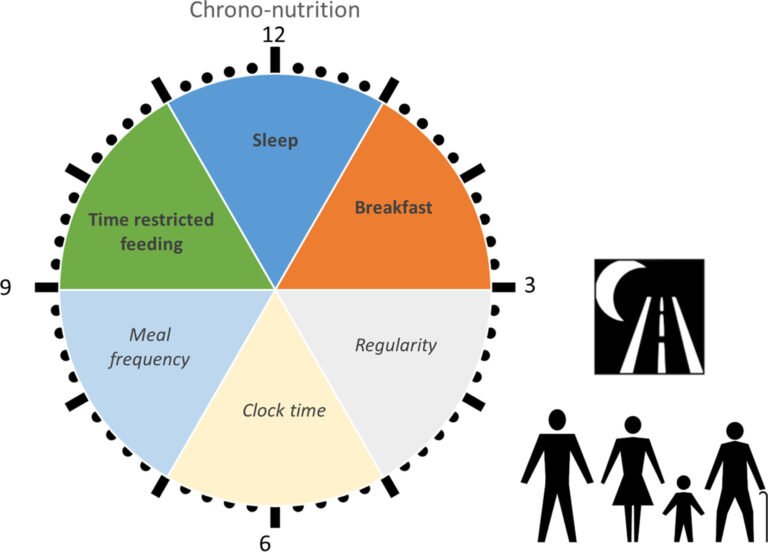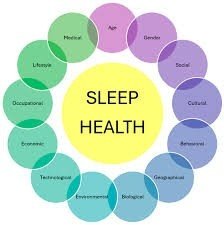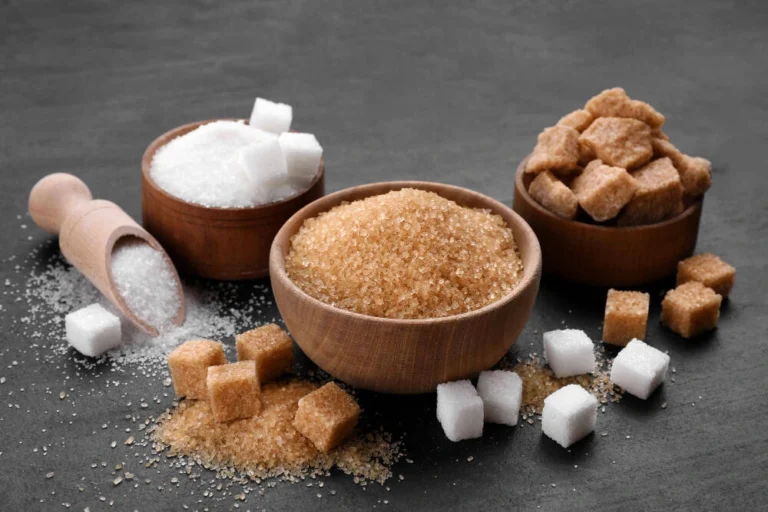How Many Dates Should You Eat a Day? The Sweet Spot for Nutrition and Weight Lossse
Introduction: Date are often called nature’s candy—sweet, chewy, and full of energy. But beyond being a delicious snack, they’ve gained popularity as a nutrient-dense superfood. From gym-goers searching for a natural pre-workout snack to health-conscious eaters managing weight, date are making their way into modern diets. But here’s the million-dollar question: how many dates should you eat a day for weight loss, energy, or better health? Eat too few, and you might miss out on valuable nutrients. Eat too many, and you might tip the calorie and sugar scale in the wrong direction.
In this article, we’ll explore everything you need to know about finding the sweet spot. We’ll cover date nutrition facts, their role in digestion, blood sugar, weight management, and expert-backed recommendations for daily portions. By the end, you’ll know exactly how to enjoy date in a balanced, health-forward way.
Dates Nutrition Facts: A Quick Look
Before deciding how many dates you should eat daily, let’s first understand what they bring to the table nutritionally. On average, one Medjool date (about 24 grams) provides:
- Calories: 66–70
- Carbohydrates: 18 g
- Sugars: 16 g
- Fiber: 2 g
- Protein: 0.2 g
- Fat: 0 g
- Potassium: 167 mg
- Magnesium: 13 mg
- Vitamin B6: 0.1 mg
Multiply that by a handful, and you can see how quickly calories and sugars add up—but so do the nutrients.
Dates and Calorie Density
Dates are what nutritionists call a calorie-dense food. They pack a lot of calories into a small serving. This is why:
- They’re excellent for a natural energy boost.
- They’re handy for people trying to gain healthy weight.
- But for those watching calories, portion control is essential.
Unlike candy or processed sweets, dates provide not only sweetness but also fiber, potassium, and antioxidants.
How Many Dates Should You Eat a Day? General Guidelines
There isn’t one magic number that fits everyone, but health experts often suggest 2–4 dates per day as a balanced portion for most adults.
- 2 Dates a Day: Perfect for weight loss or managing blood sugar.
- 3–4 Dates a Day: Ideal for active people, gym-goers, or anyone needing a nutritious energy snack.
- 5–6 Dates a Day: Works for athletes or people with higher caloric needs.
Moderation is the key. Dates are packed with nutrients but also naturally high in sugar and calories.
Dates for Weight Loss: Friend or Foe?
When it comes to dates and weight loss, they can feel like a double-edged sword.
✅ Why Dates Can Help With Weight Loss
- High Fiber Content: Fiber curbs cravings and supports digestion.
- Natural Sweetness: Replaces processed sugar and reduces junk food temptations.
- Nutrient-Dense: You get vitamins, minerals, and antioxidants along with calories.
⚠️ Why Dates Can Stall Weight Loss
- High Sugar: Even natural sugar can spike insulin if eaten in excess.
- Calorie-Dense: A handful of dates can easily exceed 300 calories.
- Portion Control Issues: They’re so delicious, it’s easy to overeat.
Verdict
Yes, dates can be part of a weight-loss diet plan—if eaten in moderation. Stick to 2–3 dates daily, and pair them with protein or healthy fats for balanced nutrition.
Dates for Energy and Fitness
For athletes and active individuals, dates are a natural pre-workout snack. Their natural sugars provide instant energy, while potassium and magnesium support muscle recovery.
- Pre-Workout: Eat 2–3 dates 30 minutes before exercise.
- Post-Workout: Pair with protein (like a shake) to replenish glycogen.
That’s why dates are often used as a natural energy booster in fitness communities.
Fiber in Dates: The Gut Health Advantage
One reason dates stand out compared to other sweet foods is their fiber content. Just 3 dates provide around 6 grams of fiber—about 20% of the daily recommendation.
- Supports Digestion: Eases constipation and improves regularity.
- Feeds Gut Bacteria: Helps maintain a healthy microbiome.
- Boosts Satiety: Keeps you full longer, reducing snacking.
If gut health is a priority, adding 2–3 dates daily can make a real difference.
Dates and Blood Sugar: What You Should Know
Dates are naturally sweet, but are they safe for people with blood sugar concerns?
Glycemic Index Factor
Dates have a low to medium glycemic index (GI 35–55), depending on the type. This means they cause a slower rise in blood sugar compared to refined sugar.
Best Practices
- Stick to 2–3 dates daily if monitoring blood sugar.
- Pair with nuts, seeds, or yogurt to slow sugar absorption.
- Track how your body responds individually.
How Many Dates Are Too Many?
Signs you’re eating more dates than you should:
- More than 7–10 dates daily can equal 500–700 calories.
- Excessive sugar intake may affect weight management and insulin sensitivity.
- Sticky texture could increase the risk of cavities if oral hygiene is poor.
Best Times to Eat Dates
Timing makes a difference in how your body uses dates:
- Morning: Kick-starts your metabolism with natural energy.
- Pre-Workout: Quick, natural fuel for exercise.
- Post-Workout: Restores glycogen when paired with protein.
- Evening Snack: Helps curb sweet cravings before bed (in moderation).
Dates vs Other Snacks
- Date vs Candy Bar: Dates = nutrients + fiber; candy = empty calories.
- Date vs Dried Fruit: Dates often contain fewer additives.
- Date vs Fresh Fruit: Fresh fruit has lower calorie density and more hydration.
Verdict: Date are a healthier sweet alternative but should complement, not replace, fresh fruit.
Creative Ways to Eat Dates for Weight Loss
Portion control doesn’t have to be boring. Try:
- Stuffed Date: With almond butter or walnuts.
- Date Energy Balls: Blended with oats, chia seeds, or flax.
- Chopped in Salads: Adds a natural sweet bite.
- Date Smoothies: Naturally sweetens smoothies without sugar.
These keep date exciting while maintaining moderation.
Date and Special Diets
- Vegan/Vegetarian: 100% plant-based.
- Gluten-Free: Naturally gluten-free.
- Paleo-Friendly: Works in paleo diets.
- Diabetes-Friendly (in moderation): Pair with protein or fat.
How Many Date Should Kids Eat?
For children, date are a better alternative to candy but should be portioned carefully:
- Ages 2–5: 1 date daily.
- Ages 6–12: 1–2 dates daily.
- Teens: 2–3 dates, depending on activity level.
Date During Pregnancy
Research suggests that eating 3–4 date daily in the last weeks of pregnancy may:
- Support natural labor.
- Provide steady energy.
- Aid digestion during pregnancy.
Always consult with a healthcare provider for personalized advice.
Dates for Weight Gain
For those aiming to gain healthy weight:
- 5–7 dates daily can add nutrient-rich calories.
- Pair with nut butter, milk, or smoothies for calorie-dense snacks.
The Sweet Spot: A Balanced Recommendation
- General Health: 2–3 datesdaily.
- Weight Loss: 2 date daily with protein or nuts.
- Active Lifestyle: 3–5 date daily around workouts.
- Weight Gain: 5–7 date daily with calorie-rich pairings.
This range lets you enjoy date guilt-free while aligning with your health goals.
Potential Downsides of Eating Too Many Dates
- Dental Health: Sticky texture may cling to teeth and cause cavities if oral hygiene is poor.
- Digestive Issues: Overeating may cause bloating or diarrhea due to fiber.
- Excess Sugar: Too much sugar, even natural, can harm long-term metabolic health.
Frequently Asked Questions (FAQs) About Eating Dates Daily
1. How many date should I eat per day for weight loss?
For weight loss, 2 date per day is the sweet spot. They provide natural sweetness and fiber to reduce cravings without overloading on calories. Pairing them with nuts or yogurt makes them even more filling.
2. Are dates fattening if eaten daily?
Dates are not inherently fattening, but they are calorie-dense. Eating more than 5–7 date daily could contribute to weight gain. In moderation (2–3 date), they actually support weight management by curbing sugar cravings.
3. What is the best time to eat date?
The best times to eat date are:
- Morning for a metabolism boost.
- Pre-workout for quick energy.
- Post-workout for recovery when paired with protein.
They can also be enjoyed as a healthy evening snack to avoid processed sweets.
4. Can diabetics eat date every day?
Yes, but in moderation. Date have a low to medium glycemic index (GI 35–55), meaning they don’t spike blood sugar as fast as refined sugar. Stick to 1–2 dates daily and pair them with protein or fiber for steady blood sugar levels.
5. How many calories are in 1 date?
One Medjool date has about 66–70 calories. Smaller Deglet Noor dates contain around 20–25 calories each.
6. Are dates good for skin and hair?
Absolutely! Dates are rich in antioxidants, vitamin C, and minerals like iron and potassium, which support collagen production, skin elasticity, and healthy hair growth. Eating 2–3 dates daily can benefit overall skin and hair health.
7. How many dates should I eat if I want to gain weight?
If your goal is healthy weight gain, you can eat 5–7 dates per day, especially when paired with milk, nut butter, or smoothies for calorie-dense snacks.
8. Can kids eat dates daily?
Yes! Dates are a much healthier alternative to candy.
- Toddlers (2–5 years): 1 date per day.
- Children (6–12 years): 1–2 dates per day.
- Teens: 2–3 dates per day.
9. Are dates healthier than sugar or candy?
Definitely. Unlike refined sugar or candy, dates provide fiber, potassium, magnesium, and antioxidants. They’re a healthy sweet alternative that nourishes your body while satisfying cravings.
10. Can I eat dates at night?
Yes! Dates are a great late-night snack. They’re naturally sweet and help curb dessert cravings. Just keep it to 1–2 dates to avoid excess sugar before bed.
Conclusion
So, how many dates should you eat a day? The answer depends on your lifestyle and goals:
- 2–3 dates daily for balanced nutrition.
- 2 dates for weight loss support.
- 3–5 dates for fitness and energy needs.
- 5–7 dates for healthy weight gain.
Dates are more than just sweet treats—they’re nutrient-packed superfoods. But like all good things, moderation is key. Think of them as a healthy sweet alternative that fuels your body, satisfies cravings, and supports your wellness journey.
- If you’re looking for more structured approaches, check out our Diet Plans section for meal guides tailored to weight loss, muscle gain, or balanced living.”
- High protein breakfasts aren’t just good for your body—they also stabilize mood and energy, reducing anxiety crashes later in the day. Learn more in our Mental Health section.
- For more tips and support, visit our Facebook page.







